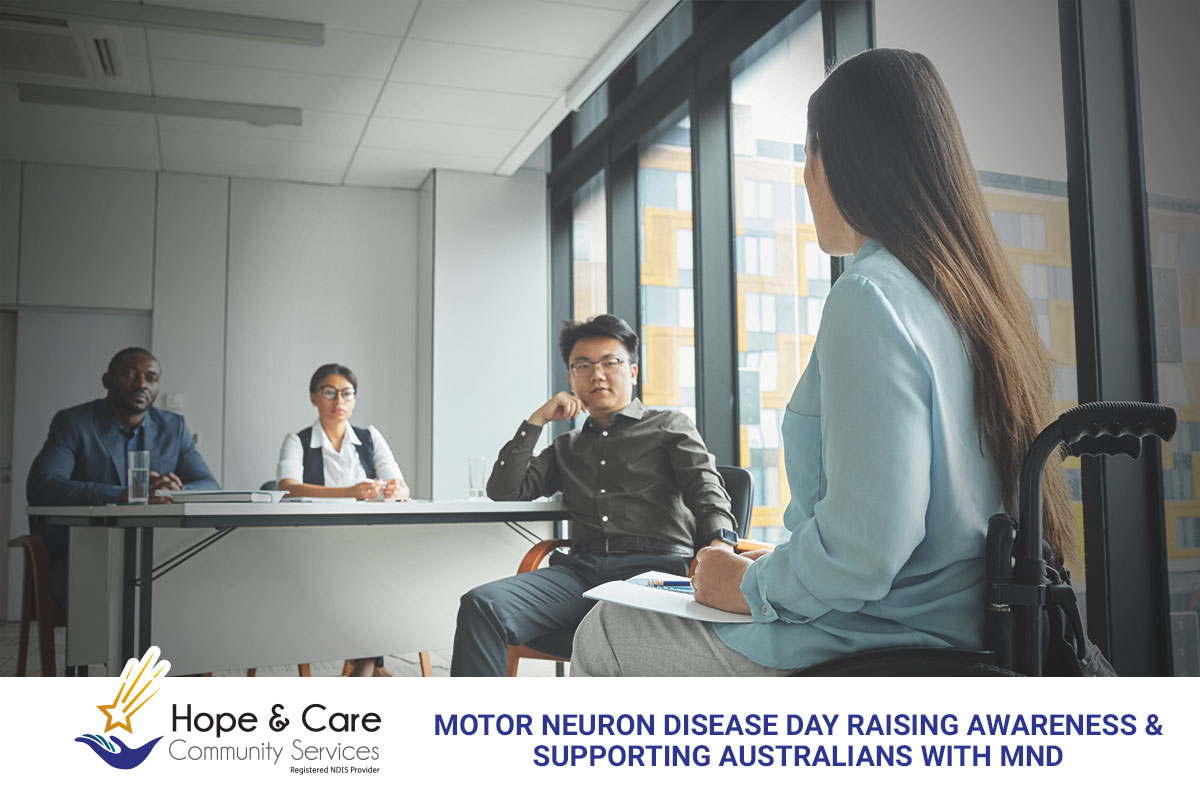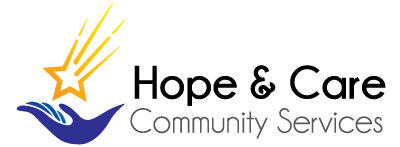
Every year on Motor Neuron Disease Day, Australians come together to raise awareness, show support and advocate for people affected by Motor Neuron Disease (MND). MND is a progressive neurological condition that affects muscle movement, speech, swallowing and breathing.
At the heart of this important day is a shared commitment to education, compassion and action. Whether you are a person living with MND, a carer, a support worker or part of a service provider team, this day reminds us all that community support and access to services like the NDIS (National Disability Insurance Scheme) can make a life-changing difference.
What Is Motor Neuron Disease?
Motor Neuron Disease (MND) is a group of neurological disorders that destroy the nerve cells (motor neurons) responsible for controlling voluntary muscles. Over time, individuals lose the ability to move, speak, swallow and breathe without assistance.
Key facts about MND in Australia:
- MND affects over 2,000 Australians at any given time
- It is typically diagnosed in adults over 40
- There is currently no cure, but early support can improve quality of life
- The disease progresses differently for each individual
Because of its complexity and progressive nature, MND requires coordinated care, flexible supports and access to specialised services.
Why Motor Neuron Disease Day Matters
Motor Neuron Disease Day plays a critical role in increasing public understanding of MND. This annual awareness day:
- Encourages early diagnosis and access to supports
- Informs families, carers and healthcare providers
- Highlights the importance of funding and MND research
- Promotes inclusion, respect and person-centred care
- Recognises the hard work of support workers and carers
Most importantly, it gives a voice to Australians living with MND and encourages better support systems through programs like the NDIS.
NDIS Support for People Living with MND
The NDIS provides funding and services for eligible individuals with Motor Neuron Disease. Because MND is progressive, supports must be adaptable and tailored to meet each person’s changing needs.
How the NDIS can help:
Personal Care and Daily Living Assistance
- Support with dressing, showering, mobility and mealtime routines
- In-home personal care to maintain comfort and dignity
- 24/7 or overnight support for advanced needs
Allied Health and Therapeutic Supports
- Physiotherapy to maintain strength and mobility
- Speech therapy to support communication and swallowing
- Occupational therapy for assistive equipment and home modifications
Assistive Technology and Equipment
- Communication aids for speech loss
- Custom wheelchairs, hoists and adjustable beds
- Home and vehicle modifications to improve independence
Support Coordination Services
- Help navigating the NDIS system and updating your plan
- Connections with MND specialists and local support providers
- Advocacy to ensure timely, effective care
If you or a loved one is living with MND, early access to NDIS support can significantly improve quality of life and reduce physical and emotional stress.
Carer and Family Support through the NDIS
Families and informal carers play a central role in supporting individuals with MND. On Motor Neuron Disease Day, we also acknowledge the tireless efforts of carers across Australia who provide daily emotional and physical support.
NDIS supports for carers and families may include:
- Short-term and emergency respite care
- Training in using assistive devices and manual handling
- Access to carer support groups and counselling
- Guidance on care routines and fatigue management
Providing care for someone with MND can be demanding. That’s why it is important that carers receive the tools, education and emotional support they need to maintain their wellbeing.
Creating a More Inclusive, Informed Community
Motor Neuron Disease Day reminds us of the power of community. By increasing awareness, we help reduce stigma and promote understanding of complex conditions like MND.
You can get involved by:
- Sharing accurate information about MND
- Supporting fundraising and advocacy campaigns
- Encouraging others to learn about the NDIS and available services
- Reaching out to someone living with MND to offer support
Together, we can build a community that values inclusion, compassion and access to care for every Australian regardless of their diagnosis.
About Hope & Care Community Services
Hope & Care Community Services (HCCS) is a trusted and experienced NDIS provider in Queensland, committed to supporting individuals living with Motor Neuron Disease and other progressive neurological conditions.
We offer a range of flexible, person-centred supports tailored to each individual’s stage of life and care needs, including:
- In-home personal care and assistance
- Allied health coordination
- Assistive technology support
- Support coordination for complex needs
- Community participation and carer support
Our team works alongside participants and families to ensure they feel heard, respected and empowered to live with dignity.
If you are navigating life with MND, HCCS is here to provide compassionate, professional support every step of the way.
Source: https://www.mndnsw.org.au/
Want to learn more? Read other articles :
- Redefine Independence your own way – with HCCS
- Who’s Who: The Key Terms of Your NDIS Plan
- Foundational Supports: Building Blocks of NDIS Success
HCCS is a registered NDIS provider. Learn more about our services.
♥ We are available in Brisbane! – Our team is just a call away!
